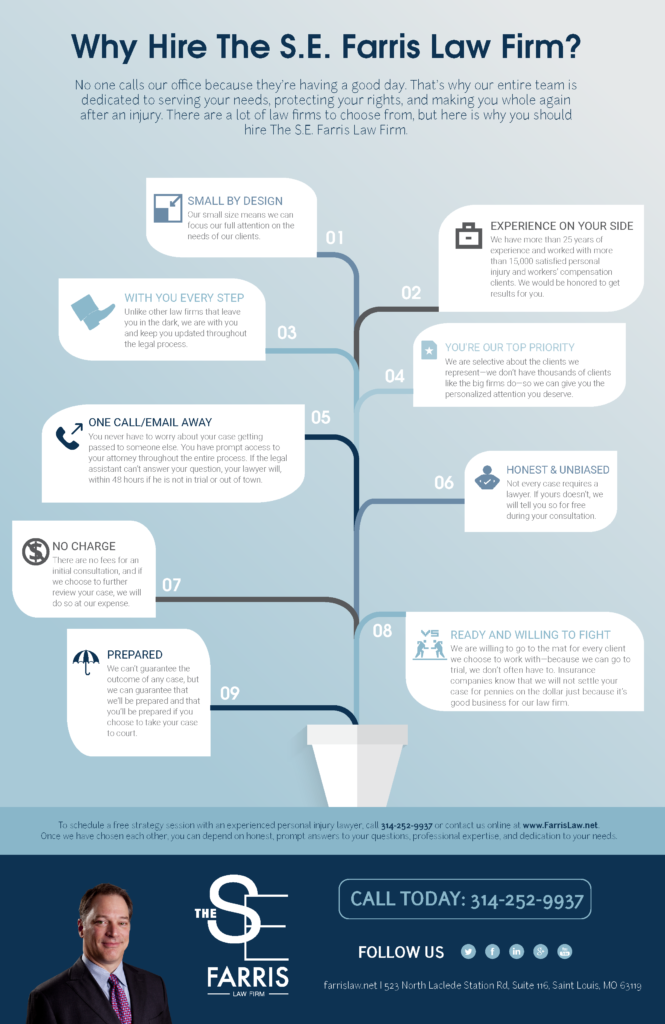The Real Estate Lawyer'S Handbook On Landlord-Tenant Regulation
The Real Estate Lawyer'S Handbook On Landlord-Tenant Regulation
Blog Article
Authored By-Pike Kirkland
When it pertains to landlord-tenant legislation, recognizing your legal rights and responsibilities is important for both celebrations. You could believe you have a strong grasp on the essentials, but there are frequently subtleties that can catch you unsuspecting. Whether you're a landlord managing a property or a tenant seeking a secure home, recognizing the legal landscape can make all the distinction. What might shock you are the complexities associated with browsing disagreements and eviction procedures.
Comprehending Occupant Legal Rights and Responsibilities
When you rent a building, it's critical to comprehend your legal rights and duties as a lessee. You deserve to a safe and habitable living environment, meaning your proprietor must preserve essential services like home heating, pipes, and power.
You're likewise qualified to privacy; landlords typically need to offer notification before entering your device.
On the other side, you're responsible for paying rental fee on time, maintaining the home tidy, and not triggering damage beyond typical deterioration.
Familiarize on your own with your lease agreement, as it describes specific regulations and responsibilities. Understanding these facets not just safeguards you yet likewise cultivates a positive relationship with your property owner.
Keep informed, and you'll browse your tenancy better.
Trick Proprietor Commitments and Legal Factors To Consider
While you might understand your civil liberties as a tenant, it's equally vital to comprehend your landlord's responsibilities.
Landlords have to give a secure and habitable living atmosphere, guaranteeing that important systems like heating, plumbing, and electricity are in working order. They're also responsible for making necessary repair services without delay and sticking to regional building ordinance.
Furthermore, landlords should value your personal privacy by providing appropriate notice prior to entering your system, generally 24-hour. They should deal with security deposits according to state regulations, consisting of returning them immediately after you move out, minus any lawful reductions.
Understanding these commitments can assist you keep a positive relationship with your proprietor and ensure your living scenario satisfies legal criteria.
Navigating Disagreements and Expulsion Procedures
Disagreements in between property owners and tenants can develop suddenly, making it vital for you to comprehend the processes associated with resolving them.
Initially, interaction is crucial-- attempt to discuss problems straight to find a concession. If that fails, acquaint on your own with your neighborhood legislations concerning disputes and eviction. Highly recommended Site : maintain documents of communications, payments, and any offenses.
If eviction ends up being needed, guarantee you follow the lawful actions needed in your location, which typically includes supplying created notification and a particular duration for resolution.
Be prepared to head to court if https://squareblogs.net/brooks1virgie/why-is-having-a-realty-legal-representative-vital-for-protecting-your , as it may be your only choice. Recognizing these processes will certainly help you browse conflicts more effectively and secure your civil liberties as either a property manager or occupant.
Verdict
In recap, understanding landlord-tenant legislation is crucial for both parties associated with a rental arrangement. By knowing can you file for guardianship without a lawyer and obligations, you can foster a much better living atmosphere and stay clear of conflicts. If conflicts arise, keep in mind that a property lawyer can help direct you with the intricacies of expulsion processes and legal obligations. Staying educated and aggressive will certainly make certain a smoother rental experience, whether you're a property owner or a lessee.
